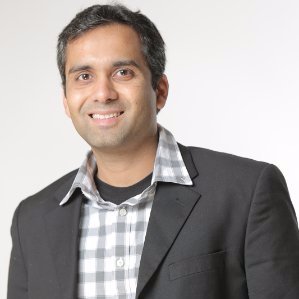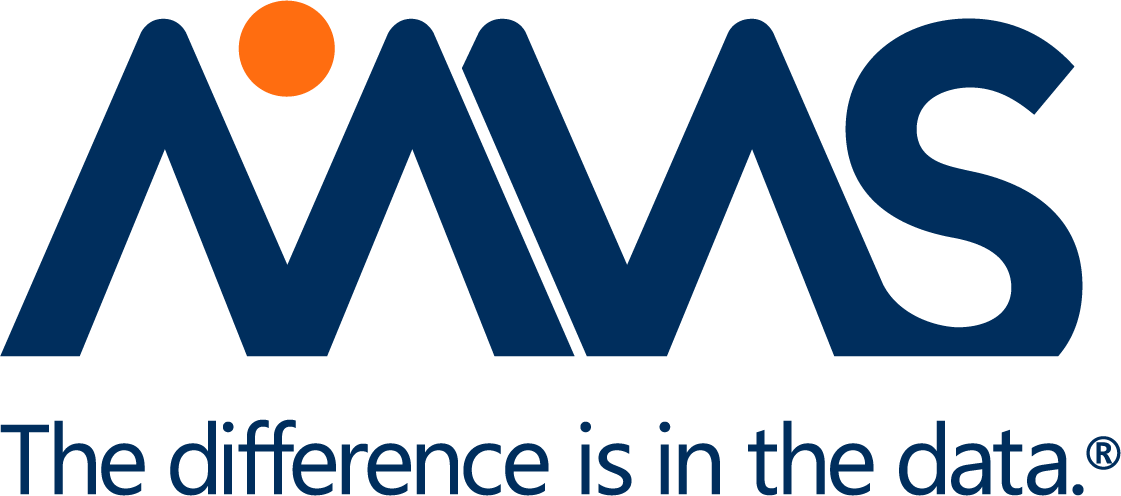
Vijay Ivaturi, PhD
The idea and practice of using real world data in the pharmaceutical industry has driven much conversation as of late. As groups like the Health Analytics Collective begin to bring game-changing methodologies to the marketplace, we sat down with Vijay Ivaturi, PhD, assistant professor at the University of Maryland School of Pharmacy and co-founder of the Collective, to get a sense of what the future holds.
How does your expertise support the Health Analytics Collective?
I have a passion to pay it forward. While my expertise can contribute towards the healthcare space, I would rather be part of a solution. The Health Analytics Collective provides an opportunity for a diverse cast of experts to play a role in solving problems together. With my expertise in quantitative pharmacology and clinical therapeutics, I stand at the intersection of healthcare providers and data analysts with skills at both ends of the spectrum. This gives me and the Collective team the ability to translate challenges and ideas across the micro-experts in the Collective to bring forth joint intelligence to solve a whole host of difficult issues.
Who can benefit most of by using real world data to inform decisions?
Any effort in the healthcare industry – whether it is in pharmaceutical, biotechnology, or hospitals – always should be clearly focused on the patient. When the Collective executes, patients will benefit.
What value does pharmacokinetic/pharmacodynamic (PK/PD) modeling bring to drug development in the current environment?
At its core, every labeling decision that the US Food & Drug Administration (FDA) makes is now driven by PK/PD modeling. It has become a fundamental requirement, as it facilitates the ability to analyze a continuum of data, as opposed to group-based analysis. PK/PD modeling gives the industry more power to understand the variability in the treatment effect compared to traditional analysis, and it allows us to design impactful and effective clinical studies.
What is the biggest challenge with diverse datasets from the real world?
As with any analytical data project, the biggest challenges is always data curation, including the purity and density of the data. While data diversity is challenging to deal with, the Collective is not that concerned about data arriving in various formats, as eventually analysts can develop heuristics and assumptions to deal with such diversity. On the other hand, if we don’t have clean data, we are in much more difficult situation.
Where do you see the Collective making an impact on drug development?
The Health Analytics Collective can play, and is playing, a huge role in increasing accessibility to treatments previously not available or approved. This can occur at extremely affordable costs, as innovative analytics will facilitate fewer clinical trials and faster time to markets. The end beneficiary is the patient, always. And, with the help of the collective, we plan to keep their health as our top priority.
Learn more about the Health Analytics Collective
